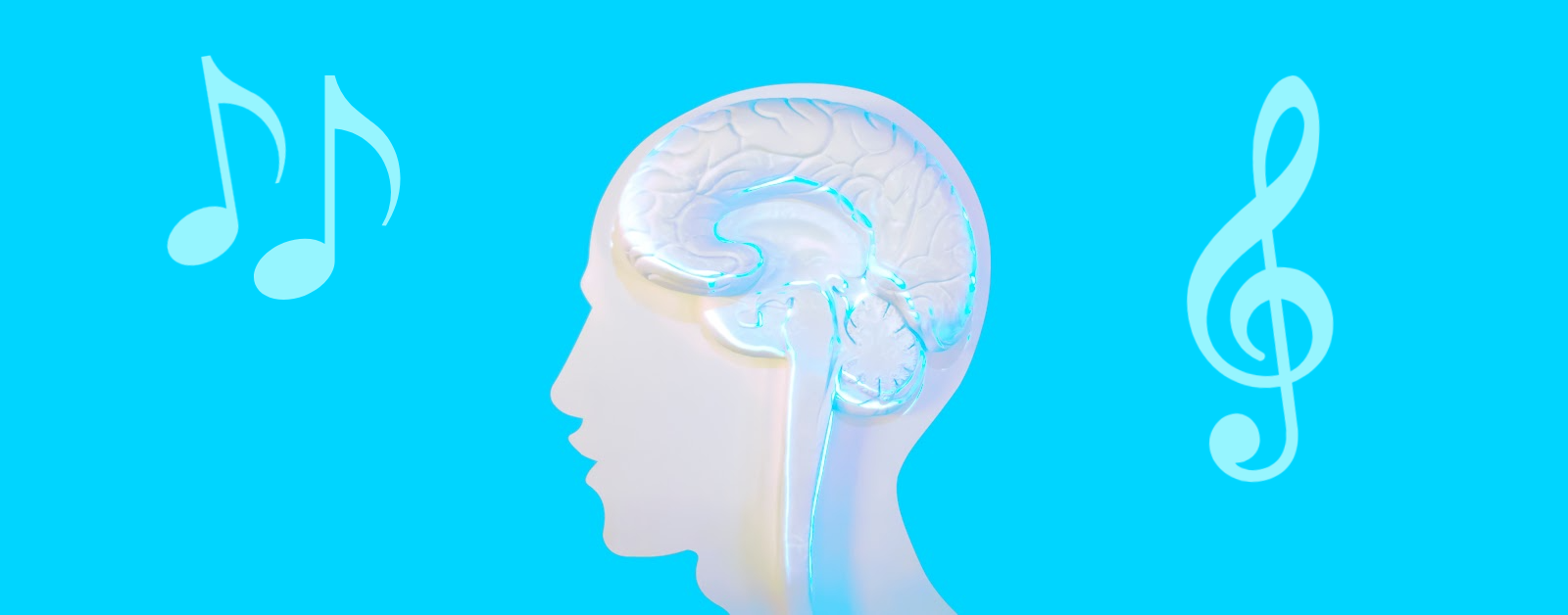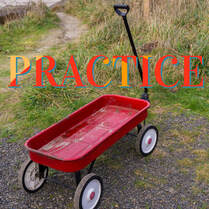|
This week, I came across a great article that explains some different ways our brains react to music. Almost every part of our brain reacts when we make or listen to music! If you've ever been curious about the benefits of music study, you can see some specifics here. The web page includes a diagram of the brain, showing how music affects each specific area. One interesting highlight: since music engages the part of our brain that regulates coordination and rhythm, Parkinson's patients who need help getting around can be prescribed music as a treatment! Explore more for yourself here. - Emily McMullin Article: Your Brain on Music, published in Pegasus, the magazine of the University of Central Florida.
0 Comments
I've been hearing from parents lately about their child not really getting into practice and if I have suggestions. I do!!
#1: Try and make practice part of the schedule. It could be the same time each day or just part of the daily flow. Do you usually eat dinner around the same time each night? When whoever is cooking, maybe that's the time to remind your student to go practice! Or, maybe it's in the middle of homework and your student needs a break. Physically get up from homework (at the proper stopping point) and switching that part of the brain off to work on practice helps tremendously. Not only will practice be a welcome thought, but also when practice is done, your student will be ready and fresh again for homework! If your evenings are crazy, how about practice first thing in the morning before jetting off to school? #2: Remember WHY you are doing this! Why do you feel music is good for your student? If there's no practice (or very little) your student is going to get discouraged. Keep the momentum going at the beginning establishes that habit of practice. Even if it's only for 5 minutes. I often think getting TO the instrument is the hardest part. It's kind of like working out, once you get to your mat or to the gym, you feel better working out! Just get to your instrument- make the effort, and the rewards will show themselves. #3: Need a little incentive? This is part of the reason we begin Music Ball when we do!! (we are kinda smart sometimes). We like to wait a few weeks in and then throw in the super fun, competitive game of Music Ball. Students are put on teams according to their teacher and then we "play" against each other. Honestly, all you will have to say at home is "How's your team doing?", "Make sure you mark your practice so your teacher can see it!" , and I promise your student might go running to their instrument!! Then, check out the weekly newsletter each week- save the URL for Music Ball (only available to students) and check in on it at the beginning of each week. Viola! You're golden! Bonus point for not even saying "go practice!". Many of my students this semester are brand new to piano. Several are the very first in their family to ever try playing an instrument! I love seeing the fresh waves of excitement that are always sparked at the beginning of a musical journey, and I’m not surprised that parents love seeing it too.
If you’re a parent with children in music lessons, you probably remember the nervous energy, beaming post-lesson faces, and growing self-assurance of the early days. You may be in that phase yourself! My goal today is to answer some questions I’ve heard recently from new-to-music parents. How often should my child practice? Throughout the journey of playing an instrument, consistency is vital to the learning process. At the very beginning, your child is learning a habit of daily practice that will be essential to their progress later. Practicing every day is a good goal – your teacher can give you a realistic expectation for daily practice session length. Should I buy a real piano? This is a tricky one, since every family’s situation is different. The best option for piano practice is an acoustic piano. If your family has access to one, your child should be practicing on it. If you don’t have one, consider making the investment. Pianos can be cheaper than you think, and there’s nothing wrong with purchasing a used piano! Talk with your teacher if you have questions about purchasing a piano that’s right for your budget. If an acoustic piano is simply not an option, beginning students can still progress while practicing on an electric keyboard. The ideal keyboard will be as similar to an acoustic piano as possible – look for one with weighted keys. However, as your child progresses further, they will need to begin practicing on an acoustic piano. My child doesn’t seem to be getting better lately. Should we keep taking lessons? I’ve heard so many variations of this question, and it’s completely understandable. Playing an instrument requires a blend of so many different physical and mental skills. Every child acquires these skills at totally different rates! This means that progress happens slowly and then more quickly in cycles over time. If your child is practicing consistently and still doesn’t seem to be making progress, don’t quit! They are probably in the process of incorporating a new mental or physical skill into their playing. Given time, those skills will “click” and a new era of progression will begin. It may also be that your child needs a new practice strategy. What works well in one season of growth may not always transfer perfectly to the next. Talk to your teacher about progression – no one knows more about your child’s musical growth than their teacher! I’m not a musician. What’s the best way for me to support my child taking lessons? I love hearing this question. It’s a sincere reminder of how deeply parents care about their children’s success. If you are asking this question, you’ve already got the right attitude! One of the best ways parents can help their children is by giving gentle practice reminders. Young children can often forget to practice, and parents are in a great position to give reminders until the habit is established. Framing practice as an exciting after-school activity can keep children from dreading it as a chore. Every child is different, and every parent can support their child in different ways. Specific encouragements or rewards could be great for one child and useless for another. Talk to your teacher about your child’s practice habits and overall attitude towards the instrument. You both can work out a strategy that’s right for your child’s temperament and experience level. What questions did you have when your child first started lessons? Let us know in the comments! |
Archives
July 2024
Categories
All
|
|
|
MUSIC SO SIMPLE
|


 RSS Feed
RSS Feed